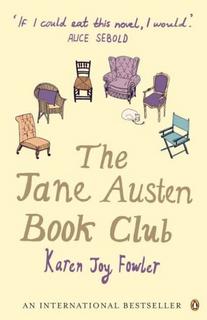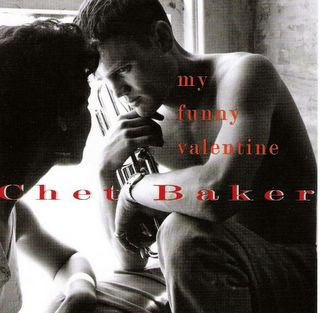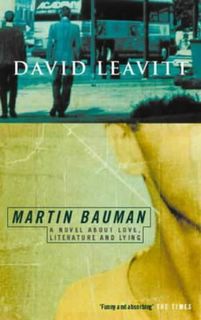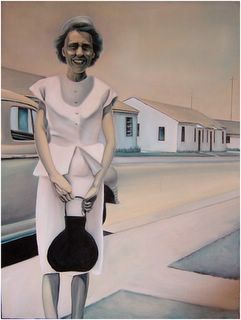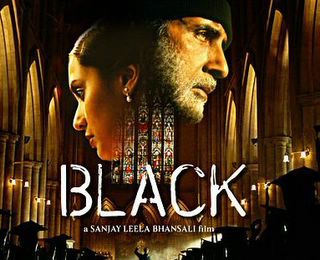C***K F***k



In addition to Lite Lit I've survived the weekend on a diet of outrageously good looking men For example, I've spent the friday night with Richard Gere, who I encountered when he was much younger (and so was I) in Paul Schrader's terrific American Gigolo. I went to see the film twice (on consecutive days) in London, once with my mother in tow. On Saturday night, I decided to stay in for a QNI (quiet night in) with Ashton Kutcher. He's an interesting kind of guy once you rid your mind of the perennial nerd in That Seventies Show. He's a pretty awful actor, but you get the feeling that he's trying really hard. He has an interesting, almost androgynous face, bow stung lips and skinny legs which he's not afraid of showing. And to round off this hat trick of delights, I encountered Martin Vartan late on Sunday night. He's kind of scrawny rugged (unless that's an oxymoron) fortunately playing a character in his thirties. He has a great smile and a face with a ....history. His best lines are on his face-not his script.
The films in question seem to have been designed with a female/gay audience in mind. I have been told not to refer to them as Ch**k flicks as the term is derogatory to women. I agree and I shall desist. Having started with a PC qualification all these films are derogatory as well-to men! Why did I watch them. Well, they looked light enough for a weekend. (My Bergman collection is, therefore, still in its original wrapping.) The cast looked attractive-as though beauty may-just may-compensate for some crap scripts floating around in there. The triumvirate of beauty tried their damndest, but the crap won out at the end of the day.
Shall We Dance, is outrageously bad. It stars (if that is the right word) Richard Gere as a New York probate lawyer who chances upon a seedy dance school. Jennifer Lopez plays the objet of attraction. She actually shines through as her script has been sensibly pared down to a series of monosyllables. She ends up doing what she's good at - dancing and looking Good. Gere is so outrageously bad, that I had to hold a cushion to my face. Even asphyxiation didn't work. A Lot Like Love was treading in wannabe When Harry Met Sally territory. Ashton K together with Amanda Peel "star" as strangers who meet (and shag) on a flight. A relationship (or something like it) develops over the years. No prizes for guessing what happens. Monster in Law has Vartan and Jennifer Lopez (yet again) playing star crossed lovers unsuccesfully kept at bay by his mother-the indefatigable Jane Fonda (doing Joan Collins on a bad hair day). This time Lopez is unable to fall back on dance and grapples with a script so unutterably bad, that the highlights come from physical comedy- mother and daughter sock it to each other Laurel and Hardy style.
So what does one deduce from all this froth. Well for one, men are beautiful but generically stupid. If that ain't sexist, what is?! Two. Jennifer Lopez should stop making films. Three: Life always has a happy ending. Four: Women are obsessed with finding the right man-never the other way round. Five: If the script becomes really bad fall back on song and dance to keep it going. Six: I could do with another dose of froth-but at least a month later.



